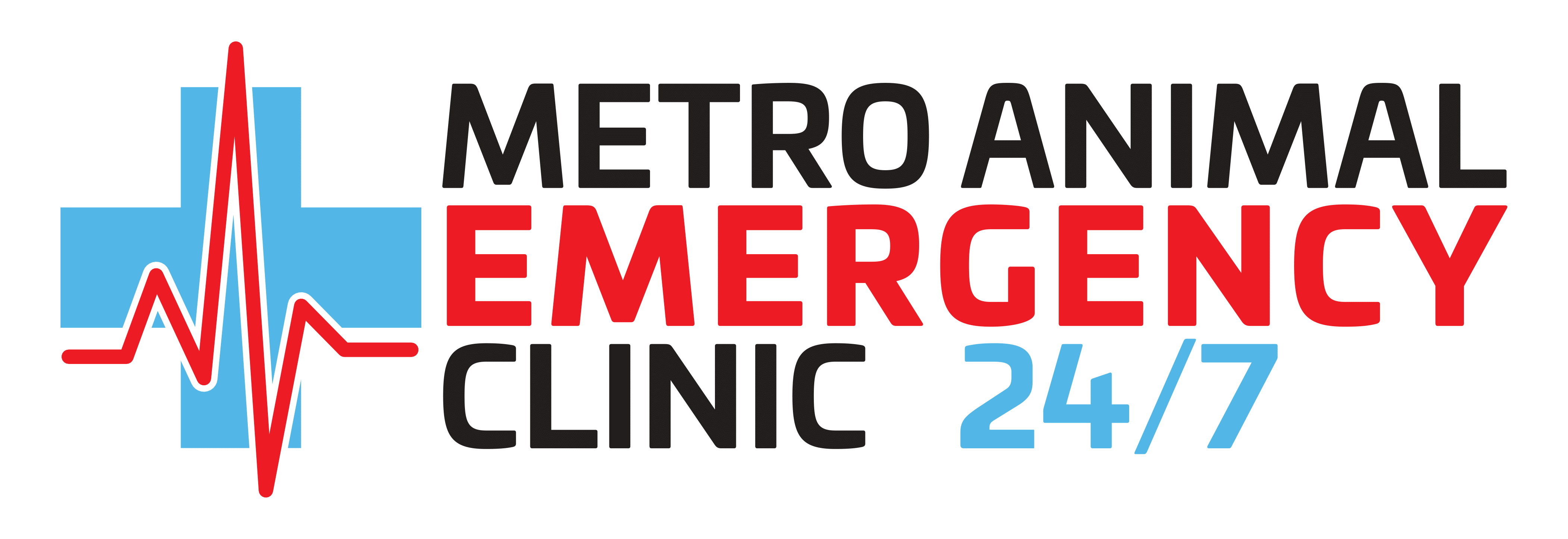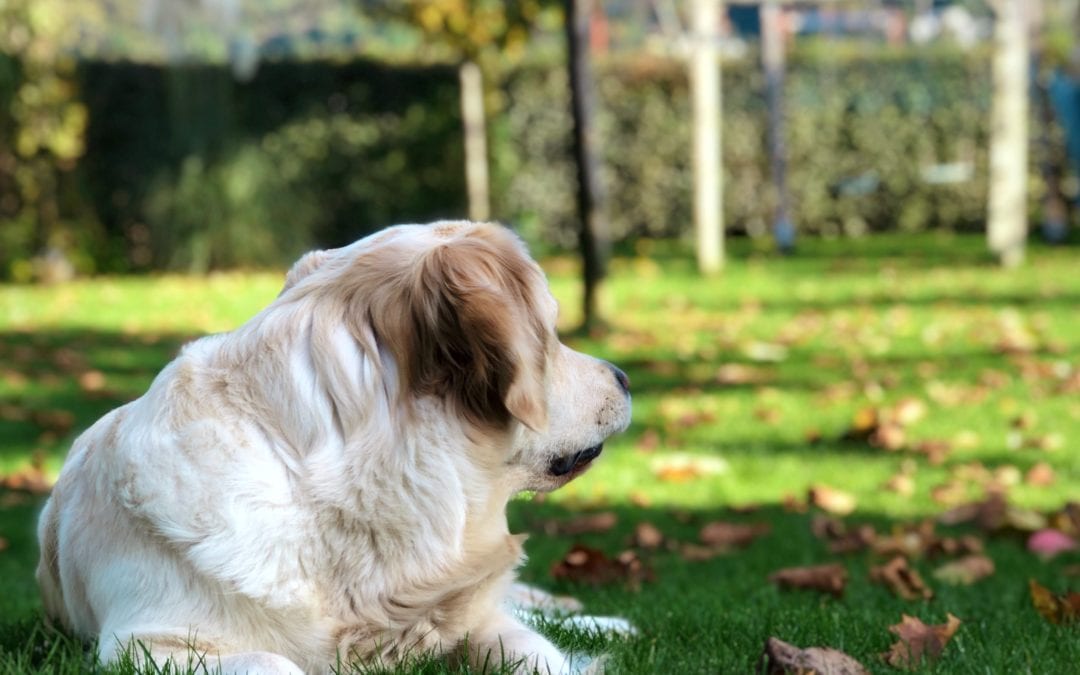Hopefully, your pet will never have cause for emergency medical treatment but it is important for all pet owners to be prepared “just in case”.
Here are some ways you can be prepared for potential emergency situations:
1. Know what is normal for your pet and monitor your pet’s health on a regular basis to check for and identify any deviations from the norm.
2. Keep your veterinarian’s phone number and the number of the emergency clinic in your area in a location that all family members can access easily.
3. Assemble a pet first aid kit suitable for home and travel. Be sure to learn how to use the individual components. Your veterinarian should be able to provide you with a list of what you may need.
4. Learn how to handle and transport a sick or injured pet.
5. Learn basic facts about conditions that might affect your pet. For example, if you have a pregnant pet expecting a litter at home, learn about normal birth versus difficult birth [dystocia].
6. Do not administer any home remedies without first checking with your veterinary health care team. Some common over-the-counter drugs such as aspirin (ASA) and acetaminophen can be toxic to pets, not to mention “Natural Remedies”.
7. Don’t panic.
How to assemble a basic first aid kit:
A first aid kit for a large dog will differ from a cat kit in the sizes of the bandages and other items, but the basic components are the same. Your veterinary healthcare team may have a sample kit to show you, or a kit list they recommend so be sure to check with them first.
Your pharmacy and veterinarian have all of the supplies you will need. Select a storage container that allows you to organize your supplies neatly. A fisherman’s tackle box or tool organizer will do. Keep the kit out of reach of children and check it regularly for expired or depleted supplies.
Some suggestions for your first aid kit:
* Muzzle
* Protective gloves
* Digital / rectal thermometer
* Rubbing alcohol
* Lubricating jelly
* Hydrogen peroxide (3% strength)
* Antibacterial soap
* Sterile rinse solution (saline, used as wound flush or eyewash)
* Clean syringes (1 cc and 5 cc)
* Pen light
* Blanket for pet transport
* Q-tips®
* Adhesive tape
* Gauze squares
* Gauze roll
* Stretchy bandage
* No-stick sterile wound dressing
* Cotton roll
* Splinting item (e.g., a coffee stir stick or tongue depressor for small pets)
* Bandage scissors
* Tweezers
* First Aid ointment or cream
* Corn syrup
For more information on how to handle an emergency situation, see our section entitled “Emergency First Aid”.
Need a visit? We are here 24/7 for your pet.
If you need anything at all, please call us at 902-468-0674, and we'll be there to provide real-time answers to your questions.

